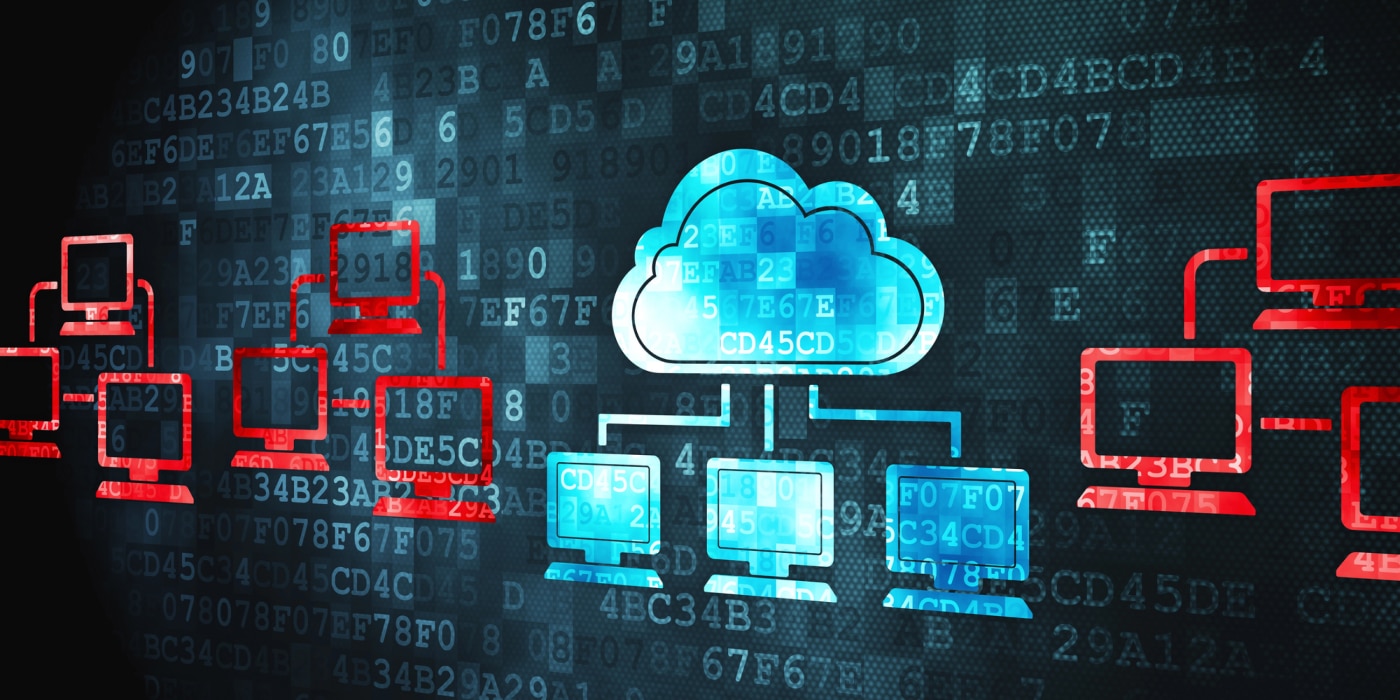Implementing Technology Solutions for Better 3PL Management
Third-party logistics providers are increasingly leveraging technology solutions to streamline operations, enhance efficiency, and provide superior service to their clients. From increasing visibility to improving customer satisfaction, technology is transforming third-party logistics operations and offering new opportunities for innovation and growth.
Here’s a look at how technology is impacting 3PL management, reshaping their operations and enhancing their services.
Artificial Intelligence
Artificial intelligence is reshaping the landscape of supply chain and logistics operations. Ninety-four percent of trucking and other physical operation executives believe their company needs to invest in artificial intelligence to stay competitive, according to a Samsara report. Over half of the survey respondents are already using AI, and 87% of organizations plan to increase investments in AI in the next year. Executives reported AI’s operational returns on investment include reducing costs, boosting efficiency, and improving safety.
3PLs are investing in AI-powered technologies to improve productivity, enhance the efficiency of warehouse operations, and speed up the order fulfillment process. AI-driven robotics are expanding in warehouses managed by 3PL providers. These intelligent robots can autonomously navigate vast storage facilities, picking and packing orders with speed and precision. Autonomous mobile robots are increasingly common in warehouses and distribution centers around the world. Their flexibility, scalability, and ease-of-use make them ideal tools for automating, optimizing, and expediting fulfillment tasks.

Sustainable Practices and Green Technology
As sustainability becomes a growing concern, technology is playing a key role in advancing green logistics practices. Energy-efficient warehouses, electric delivery vehicles, and route optimization algorithms contribute to reducing carbon emissions and promoting eco-friendly operations. 3PL providers are leveraging these technologies to align with sustainability goals and meet the increasing demand for environmentally responsible logistics solutions.
Third-party logistics provider Geodis recently released new emissions reduction targets for its buildings, vehicle fleets, and subcontracted transportation services. To reach its goals, the company plans to continue its transition towards alternative vehicles and modes using carbon-free or bio-sourced energies, providing low-carbon last-mile delivery services, and installing suitable infrastructures for refueling and charging.
Internet of Things
The Internet of Things (IoT) enables physical objects including vehicles, pallets, and containers to connect with each other over the internet, creating a more dynamic and interconnected logistics operation. IoT devices equipped with GPS sensors and RFID tags provide real-time data on the location and condition of goods. Sensors can detect and report changes in conditions like temperature and humidity, which is crucial for perishable or sensitive goods.
IoT devices provide a constant flow of information that enhances the transparency of the supply chain, allowing 3PL providers to manage assets more effectively and respond swiftly to any issues that may arise. IoT devices can also monitor driving patterns and behaviors, providing feedback that can lead to safer driving practices. By analyzing vehicle data, IoT systems can predict when a vehicle might require maintenance before a breakdown occurs, minimizing downtime and optimizing vehicle utilization.

Cloud-Based Solutions
Cloud-based solutions provide 3PL providers with the agility and flexibility needed to scale their operations efficiently, handle peak periods, and respond to disruptions with minimal impact on service levels. Cloud-based platforms facilitate seamless integration between 3PL providers and their clients, allowing for real-time data sharing, collaboration, and communication. This integration allows 3PL providers to streamline operations, from inventory management to order fulfillment and delivery management, ensuring that all stakeholders have access to the same up-to-date information.
Cloud-based solutions enable real-time data access and sharing across various stages of the supply chain, eliminating data silos, enhancing visibility, and enabling smoother collaboration between shippers and logistics providers. Real-time visibility into logistics operations allows for quick adjustments and proactive problem-solving, leading to better service quality and reducing the risk of lost or misplaced items. By leveraging data analytics, 3PLs can gain insights into customer behavior, demand patterns, and logistics inefficiencies. This information helps them to anticipate market trends, optimize inventory levels, and enhance delivery performance.
Implementing technology solutions in 3PL management is essential for staying competitive and meeting the evolving demands of the logistics industry. From warehouse management and green logistics to delivery optimization, technology plays a pivotal role in enhancing efficiency, sustainability, and customer satisfaction.
For more information about how our delivery management solution can help you manage your deliveries more efficiently, please contact info@bringoz.com.
